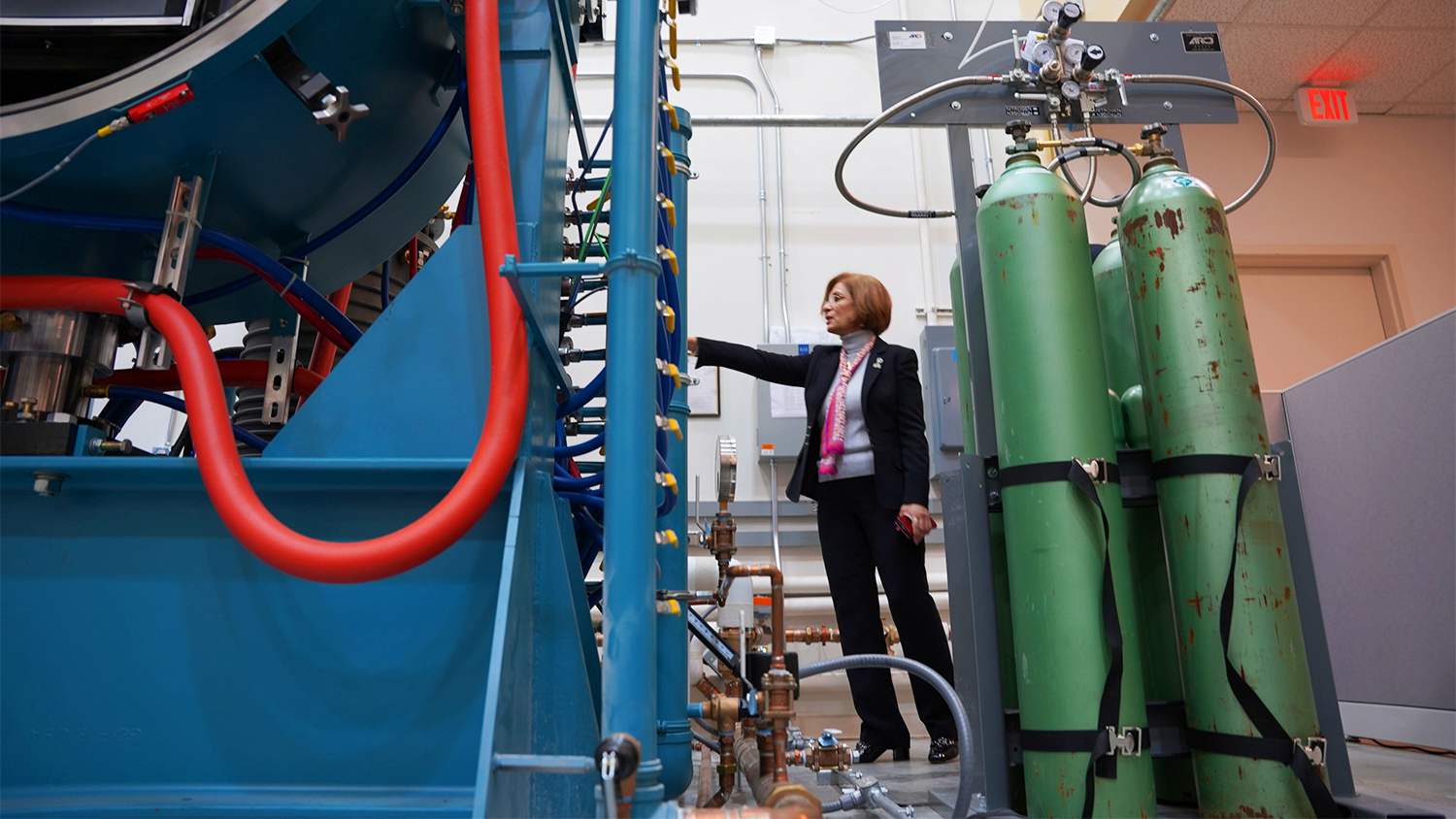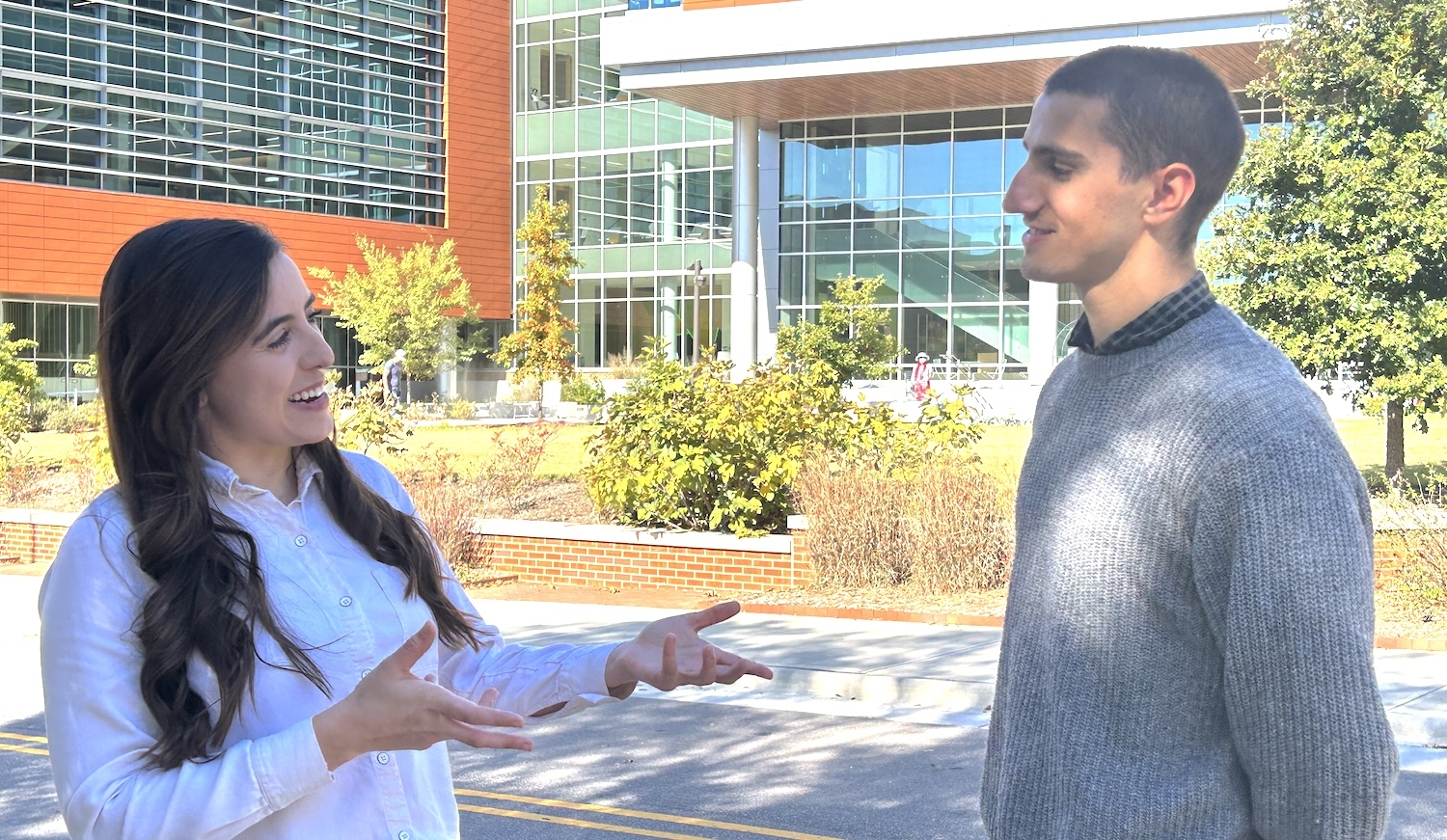IDEAS grant will expand COE study abroad program in Rwanda

Adapted from the official press release from the U.S. Department of State’s Increase and Diversify Education Abroad for U.S. Students (IDEAS) Program.
The College of Engineering (COE) at NC State University was selected to receive funding support from the U.S. Department of State’s Increase and Diversify Education Abroad for U.S. Students (IDEAS) Program. NC State is one of 44 colleges and universities across the United States that will use the IDEAS grants to create, expand and/or diversify American student mobility overseas in support of U.S. foreign policy goals. This U.S. government program is funded by the U.S. Department of State and supported in its implementation by World Learning.
The grant funds will support the expansion of a study abroad program in Rwanda. This past summer, the College ran a five-week pilot version of the program with four graduate and three undergraduate students from the College of Engineering and College of Education. Laura Bottomley, director of Women in Engineering, The Engineering Place and Engineering Education, and Veronica Catete, assistant professor in the Department of Computer Science, are principal investigators (PI) for the grant. Kanton Reynolds, director of undergraduate programs and associate teaching professor in the Edward P. Fitts Department of Industrial and Systems Engineering, is the co-PI and led the pilot program this summer.
With the grant funds, the program will include research opportunities in addition to course credit. It will also help support additional equipment and supplies, as well as provide travel grants for Rwandan higher education faculty and staff to travel to NC State to collaborate with faculty members and students.
“Our research team is excited to receive this prestigious grant from the US Department of State and World Learning,” Reynolds said. “This award validates the significance of the work we are doing through our current Alternative Service Break program (ASB) and other engagements in Rwanda and further solidifies our intention to build a world-class engineering education program that focuses on the UN Sustainable Development Goals (UNSDGs) as well as the National Academies of Engineering’s Grand Challenges.”
Reynolds, along with Ajaya Francis Jonas, director of global programs for the College of Education, met with leaders from the Institute of Applied Sciences (INES) Ruhengeri, University of Rwanda College of Engineering, University Rwanda College of Education and University of Rwanda College of Science and Technology to initiate partnerships focused on science, technology, engineering and mathematics (STEM) education.
“Our goal is to enable NC State engineers and educators to become leaders in the field of engineering education,” Reynolds said. “Through the generous support afforded to us by these additional resources, we cannot wait to extend our current collaborations with our colleagues in Rwanda and expect more great things to come.”
Since 2016, the IDEAS Program has awarded 145 grants to 139 institutions in 48 states and territories to create, expand, and diversify their U.S. study abroad programs in 71 countries across all world regions.
“The U.S. Department of State is committed to supporting U.S. colleges and universities as they continue to rebuild study abroad capacity impacted by the global pandemic. That is why ECA is proud to be awarding double the number of IDEAS grants this year so that we can support more institutions as they work to provide important international educational opportunities to their students. Our IDEAS grant recipients reflects the full diversity of the U.S. higher education system – including community colleges, Historically Black Colleges and Universities (HBCUs), rural institutions and more — and we are committed to working with them to build study abroad programs that are accessible for Americans of all backgrounds and that provide more opportunities for American students to engage with people in more diverse destinations around the world,” said Heidi Manley, USA Study Abroad Chief, Bureau of Educational and Cultural Affairs, in a statement.
For a full list of 2022 IDEAS grant recipients, as well as information on a free IDEAS webinar series on building study abroad resources for U.S. campuses, please visit the IDEAS Program website at www.studyabroadcapacitybuilding.org. Funded projects are supporting such activities as developing new international partnerships and programs, training faculty and staff, internationalizing curriculum, creating resources to engage diverse student groups in study abroad and creating virtual and hybrid exchanges.


